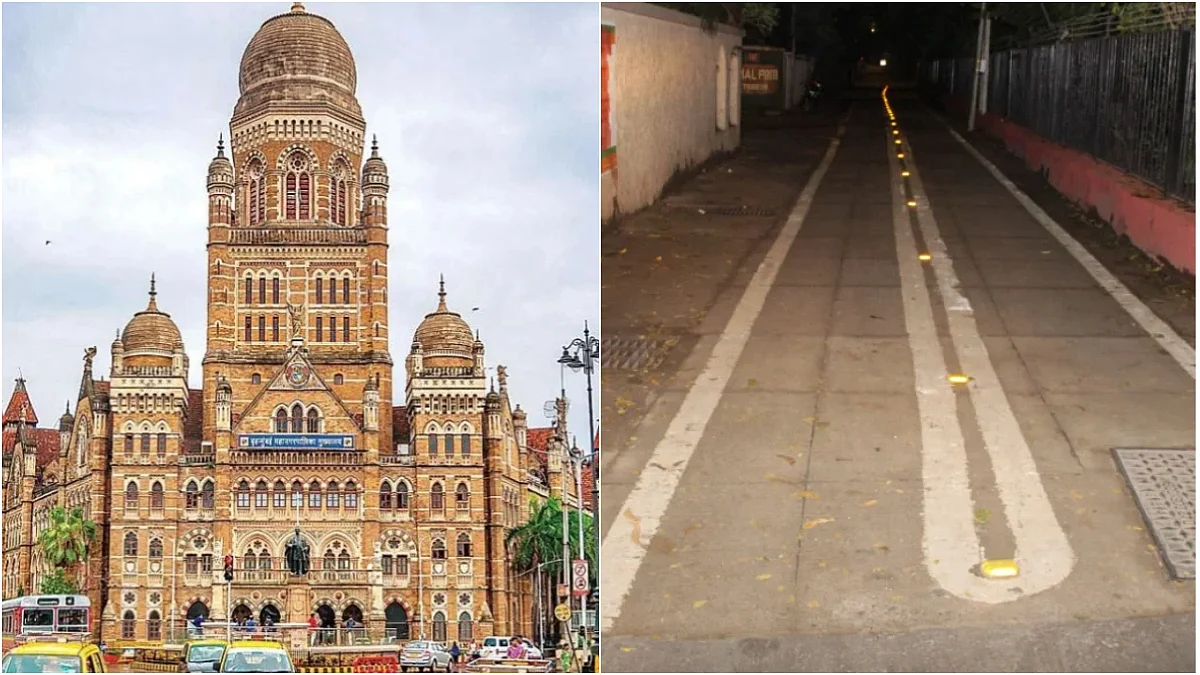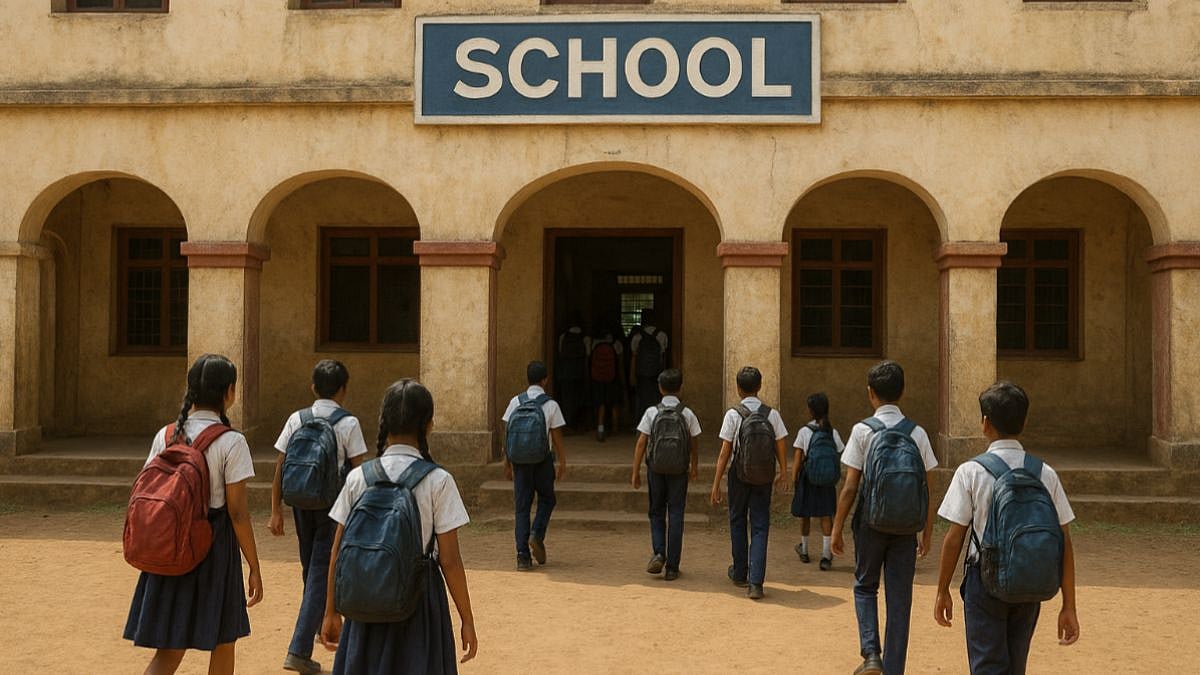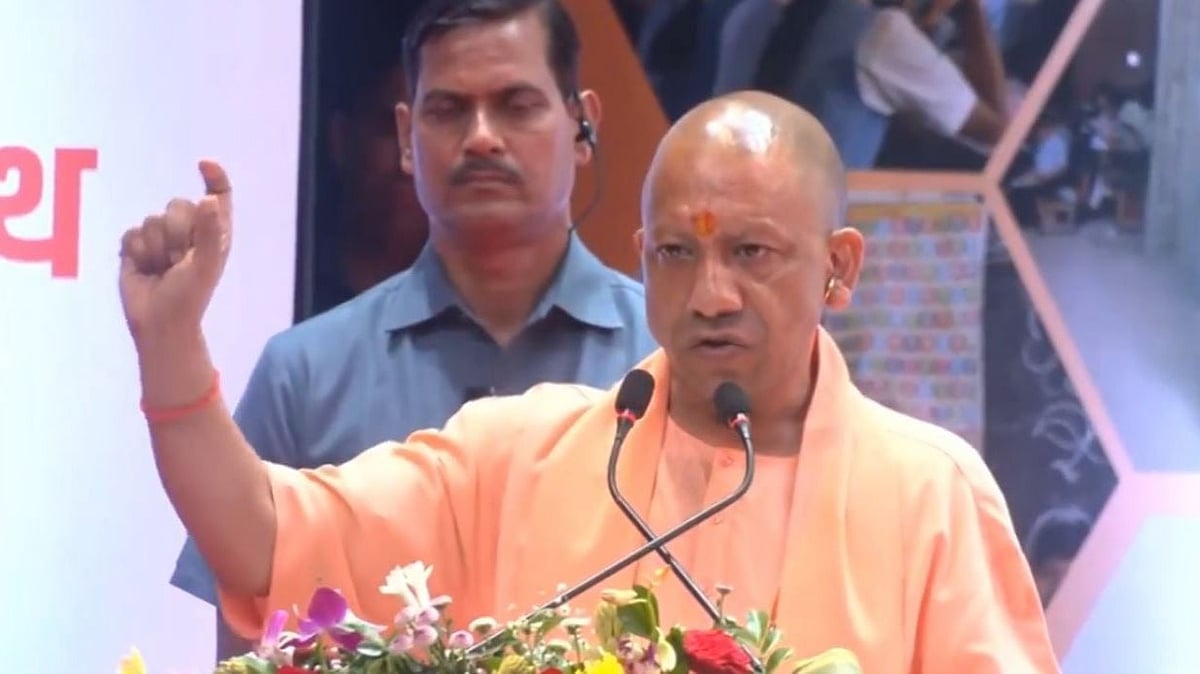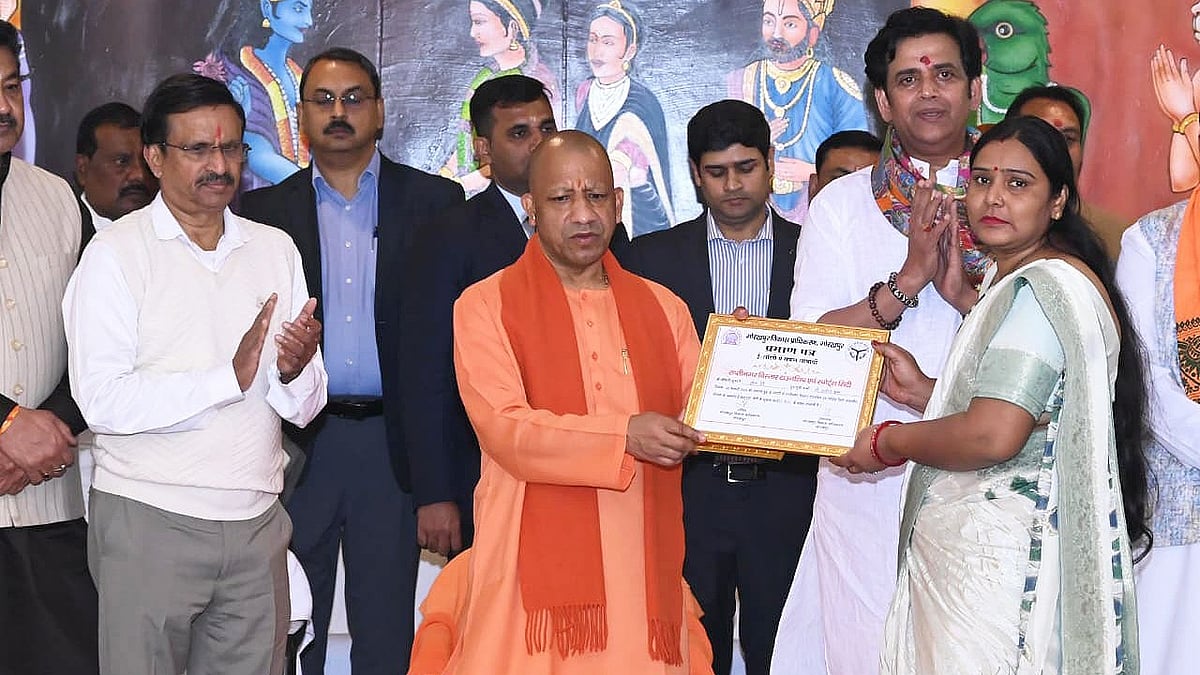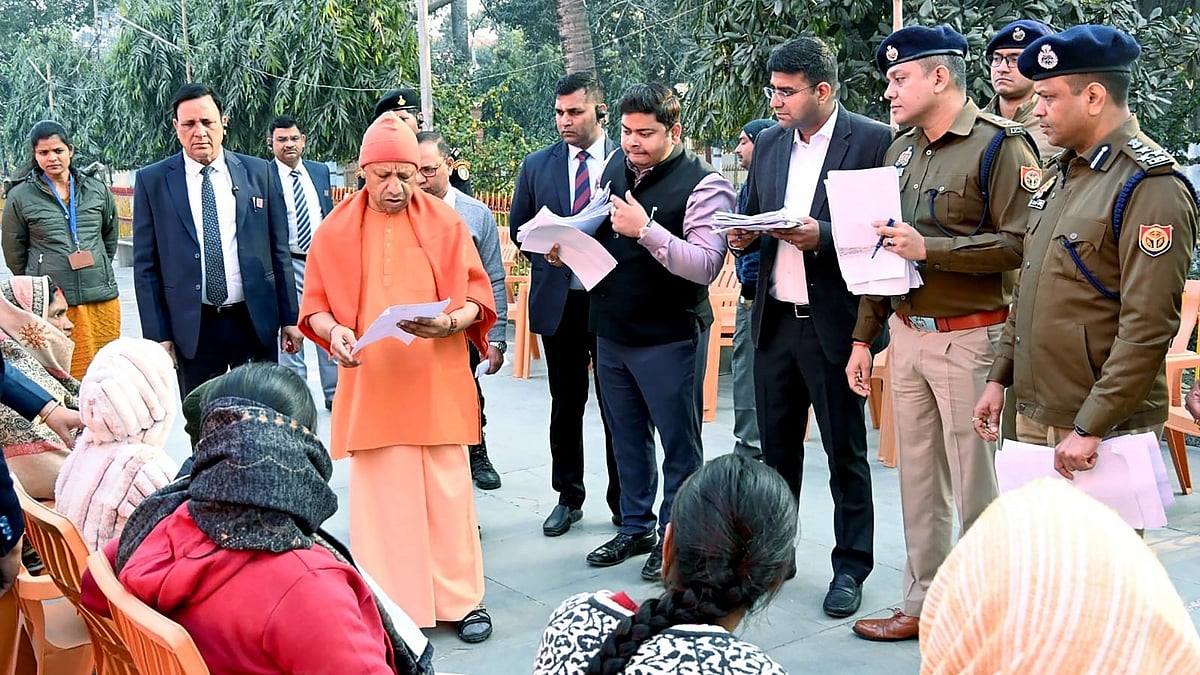New Delhi: The Supreme Court on Monday expanded the ambit of the Maratha reservation issue, giving notice to all state governments, seeking their response on a question of "seminal importance" -- whether or not legislatures are competent to declare a particular caste to be socially and educationally backward.
This will involve examination of the question of interpretation of the 102nd amendment to the Constitution, under which the President can notify a particular caste as Socially and Educationally Backward Class and the Parliament is empowered to change the SEBC list.
The bench, headed by Justice Ashok Bhushan, said it would also hear arguments on the issue of whether the landmark 1992 judgement in the Indira Sahwney case -- also known as the Mandal verdict, which caps the quota at 50 per cent -- should be re-looked and referred to a larger bench.
The bench, also comprising justices L Nageswara Rao, S Abdul Nazeer, Hemant Gupta and S Ravindra Bhat, said it would commence the hearing from next Monday and asked the states to file a brief note of their written submissions on the issue.
It noted the submission of senior advocates -- Mukul Rohatgi, Kapil Sibal and P S Patwalia, who appeared for the Maharashtra government – that the verdict on the question of interpretation of the 102nd amendment might affect the federal structure of the states and, therefore, they needed to be heard.
Some of the parties opposed the issuance of the notice to the states, saying the question of interpretation did not concern them and it might delay the process.
The top court, however, said this matter is not limited to just one state; therefore, it is important to hear other states too, as its decision in the matter would have wider ramification.
On December 9 last year, the top court had refrained from modifying the stay order on reservation for Marathas in job and education in Maharashtra. The petitioners have challenged the Bombay High Court judgement passed in June 2019, upholding the Maratha quota, where it ruled that reservation should be 12 per cent in jobs and 13 per cent in education.
The petitioners have contended that the Act, which provides for 12 per cent and 13 per cent quota to Maratha community in education and jobs, violates the principle laid in the 9-judge bench judgement of the apex court in 1992, which capped the reservation at 50 per cent.
The top court had said on February 5 that it would hear from March 8 in a hybrid manner -- a combination of physical and virtual hearings -- the pleas pertaining to the 2018 Maharashtra law granting reservation to Marathas in education and jobs.
A 5-judge Constitution Bench headed by Justice Ashok Bhushan will now hold March 15 onwards a marathon daily hybrid hearing, letting the lawyers appear personally in the court or argue online.

